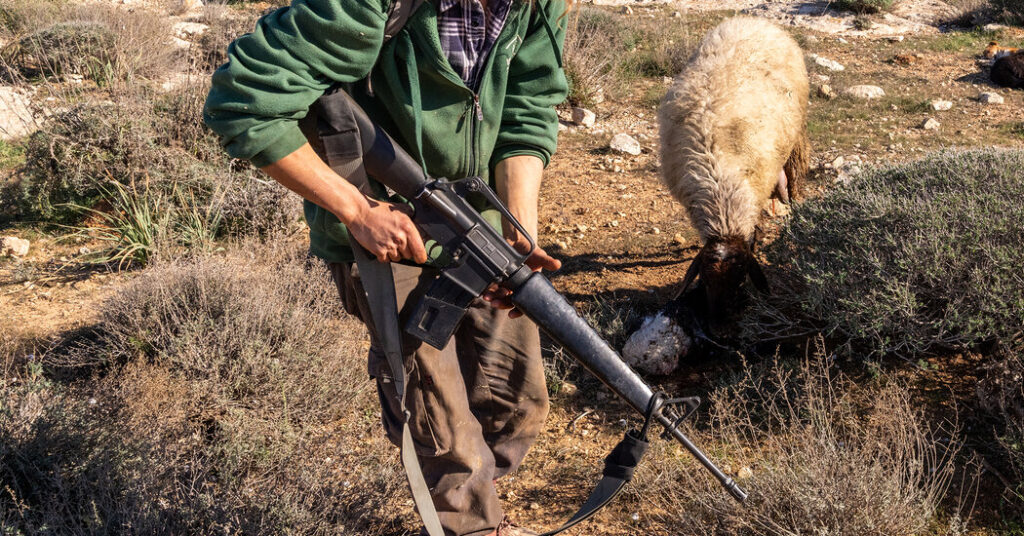By the early 1980s, the settler movement had begun to gain some traction within parliament, but remained far from the mainstream. When Kahane himself was elected to parliament in 1984, when he stood up to give a speech, members of other parties, including Likud, would turn and leave the room. One problem is that the continued expansion of settlements is becoming an irritant in U.S.-Israeli relations. During Begin’s visit to Washington in 1982, the prime minister held a closed-door meeting with the Senate Foreign Relations Committee to discuss Israel’s invasion of Lebanon that year to dislodge the PLO, which had caused massive civilian casualties. Delaware Sen. Joseph R. Biden Jr., who was in his second term in office, had an angry exchange with Begin about the West Bank, telling him that Israel was in trouble because of the settlements, according to a Times report on the meeting. And lost support policy in this country.
But Israeli officials came to realize that Americans were often willing to vent their anger over the issue without taking stronger action — such as limiting military aid to Israel, which was then and now central to the country’s security arrangements. In 1984, the Jewish underground masterminds of bombings and other attacks against West Bank mayors were finally tried, found guilty and sentenced to terms ranging from a few months to life in prison. However, the plotters showed little remorse, and a public campaign for their pardon grew. Foreign Minister Yitzhak Shamir also made the case for pardoning them, saying they were “excellent and good people who made mistakes in their paths and actions”. Shamir said clemency could prevent Jewish terrorism from happening again.
Ultimately, President Chaim Herzog signed a series of special pardons and commutations for the plotters, against the advice of the Shin Bet and the Ministry of Justice. They were released and received a hero’s welcome from the settler community, some of whom hold senior positions in the government and Israeli media. One of them, Uzi Sharbav, now a leader of the settlement movement, spoke at a recent conference promoting the return of settlers to Gaza.
In fact, over the past few decades, the prison sentences of nearly all Jews involved in terrorist attacks against Arabs have been significantly reduced. Gillen, who was head of the Jewish department when some of them were arrested, recalled the “deep sense of injustice” he felt when they were released. But more important, he said, was “the question of what message a pardon sends to the public and to anyone who would want to commit acts of terror against Arabs.”
operation failed
In 1987, a series of conflicts in Gaza led to ongoing Palestinian uprisings throughout the occupied territories and Israel. The First Intifada, as it is known, was driven by anger against the occupation, which was then entering its third decade. Over the next six years, the situation continued to simmer as Palestinians attacked Israelis with rocks and Molotov cocktails and launched a series of strikes and boycotts. Israel has deployed thousands of troops to suppress the rebellion.

